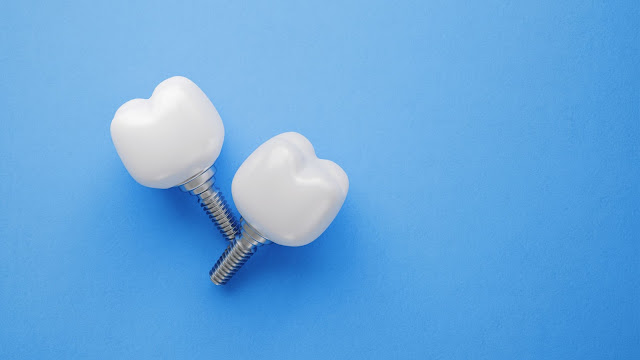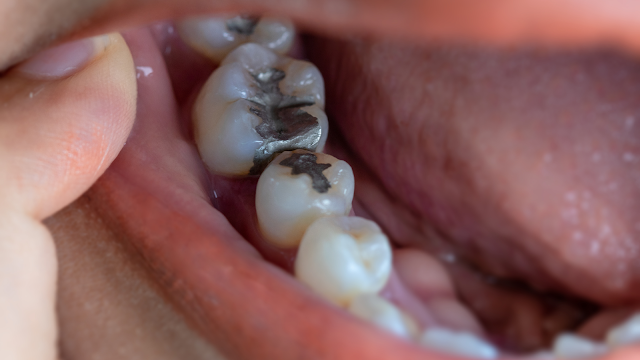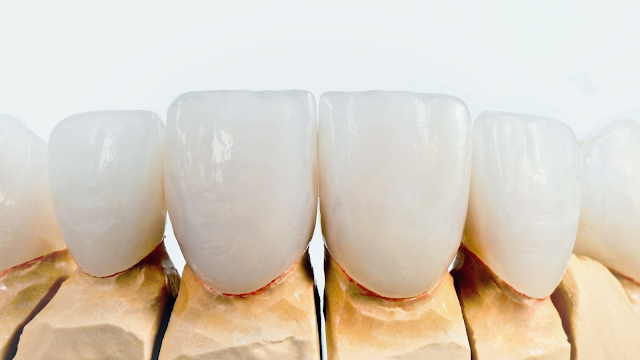Can You Get Dental Implants If You Have Gum Disease?

Untreated gum disease can many times lead to tooth loss, leading many people to wonder if getting dental implants is possible if one has gum disease. Moreover, in some cases, patients who have not yet reached the advanced stage of the gum disease called periodontitis may need to replace missing or decayed teeth with dental implants. If you have suffered tooth loss due to gum disease and are wondering about tooth restoration options, this article will put all your questions and apprehensions to rest. Gum Disease and Tooth Loss One of the leading causes of tooth loss in adults is Gum or periodontal disease. However, tooth loss is not a necessary effect of gum disease. However, addressing this issue as soon as possible is extremely vital because there are treatments that can be availed and certain habits that can be inculcated to deal with the infection & avoid tooth loss. Tooth loss is usually caused by serious damage to the soft tissue of the gums. The absence of healthy soft tiss




